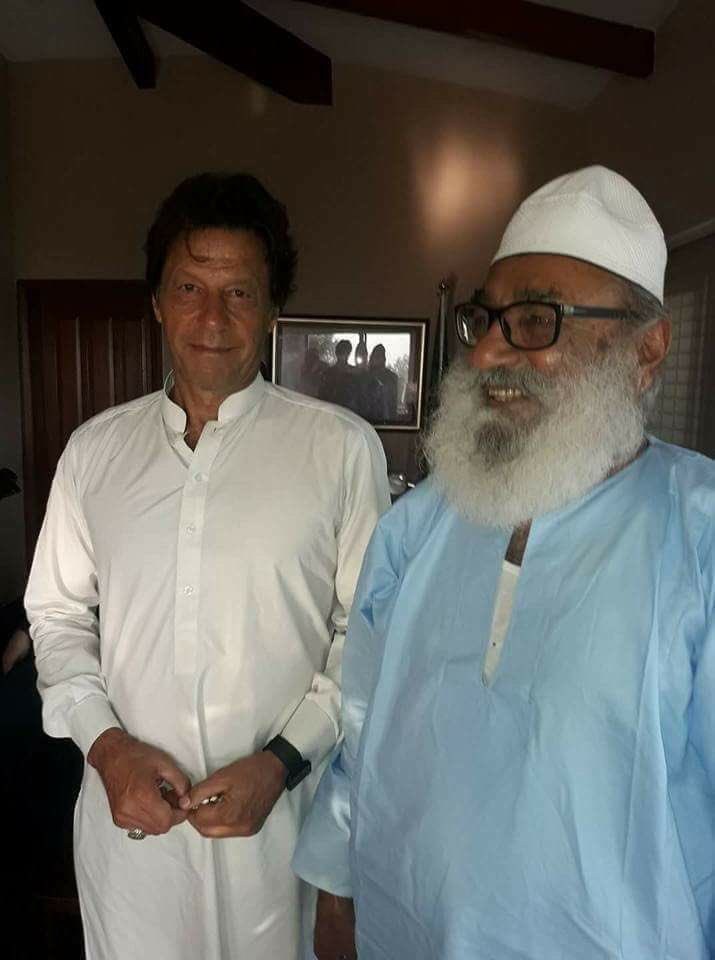The lack of reflection, however, remained constant, and not just by the now ex-prime minister. The commentariat forgot the last quarter-century ever happened: the same judicial system that had absolved him, again and again, was now maligned as part of a shadowy plan.
Yet in all this talk of conspiracy, no one denied ownership of Capital FZE. No one denied the existence of the London flats. And no objective observer could stomach the story: Qatari princes flying in on magic carpets; lawyers-cum-font-geeks typing up beta Calibri. After a while, we were in O.J. Simpson territory: excellent legal talent, wall-to-wall coverage, popular support — and everyone knowing he did it.
Those rightly citing Article 10-A and the right to a fair trial may breathe easy: they will get their trial. As to arguing that disqualification may only ensue from the said trial, the court has directly disqualified MNAs in the past, and will do so in the future — any due process concerns left were taken care of by the joint investigation team. While the usual suspects try to tar the JIT with the same Masonic conspiracy brush, the fact is Pakistan's state institutions have long been slammed as weak and venal (see Hijazi, Zafar). Yet the JIT has set a standard for both the thoroughness of its investigation as well as its independence.
Which at last brings us to Friday's verdict: Imran Ahmed Khan vs Mian Nawaz Sharif, the most consequential case in memory. And the tragedy is, it never had to end this way.
The Panama Papers were leaked on April 3, 2016. Between then and now, Nawaz Sharif could have disclosed all his assets; he did not. He could have asked a former judge to form a commission, long as he empowered it; he did not. He could have sat down with the PPP and resolved this in parliament; he did not. He could have emancipated state institutions to the point they would not fear investigating him; he did not. He could have resigned in the wake of the JIT report; he did not. He could have built in parameters for Articles 62 and 63; he did not. To call this a conspiracy, then, may well be accurate: Mian Nawaz Sharif's against himself.
To turn to other burning issues, now that Article 62(1)(f) has been deployed, it is prayed the Supreme Court exercises it with judiciousness, and that our legislature rethink Articles 62 and 63 altogether.
Finally, if this is indeed a brave new world, what of the crime that started the Sharif era? In Asghar Khan vs Mirza Aslam Beg, the court ruled that generals Beg and Durrani rigged the 1990 polls, and that the state "take necessary steps under the Constitution and law against them".
Justice Khosa's decision in the Panama case held, with great courage, that a prime minister "immune from touchability or accountability [...] would be nothing short of a disaster". His words are as applicable to those in uniform — be it the gents that illegally got Nawaz Sharif elected prime minister in 1990, or the gents that unlawfully removed him in 1999.
Let justice be done.


